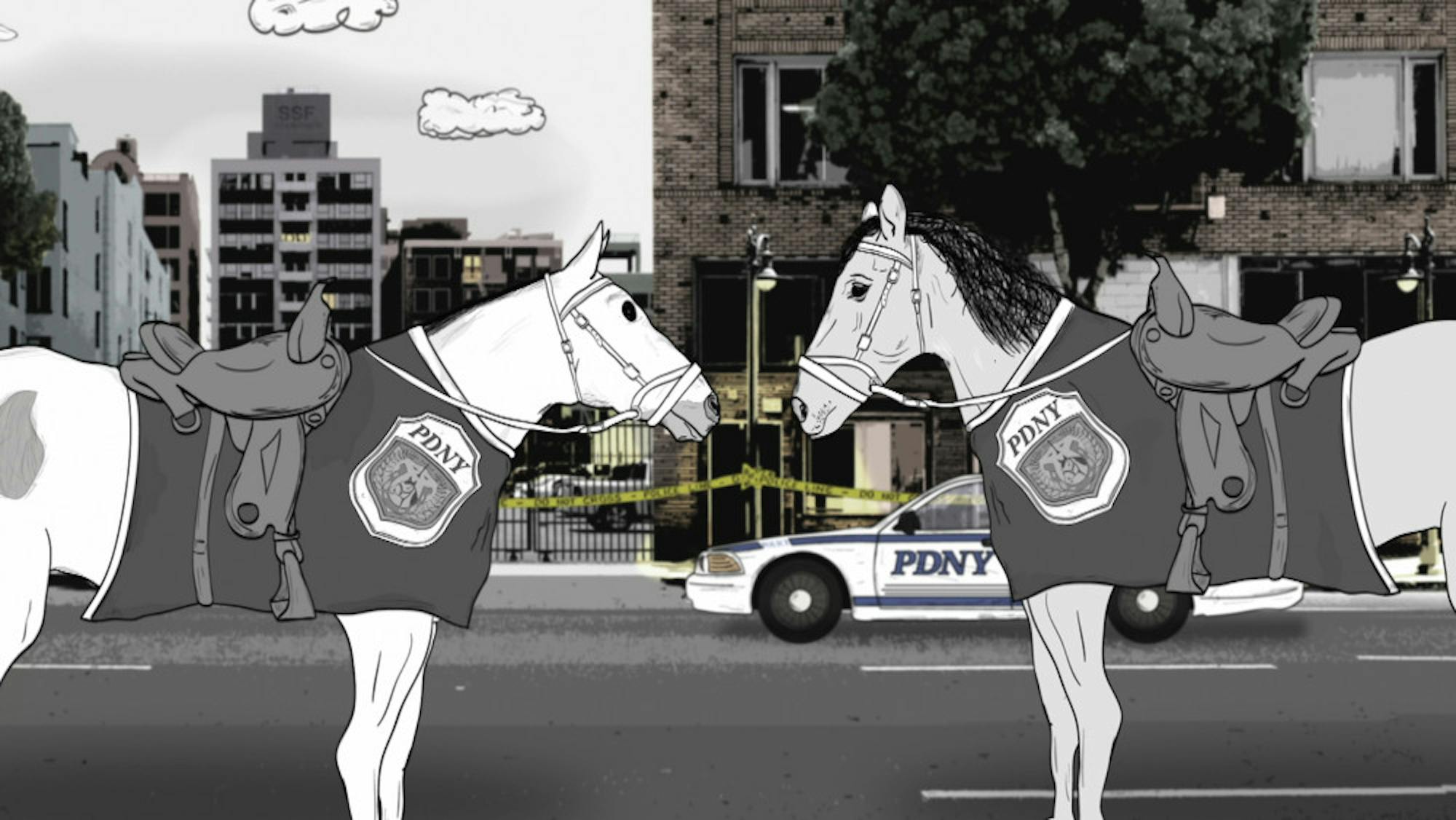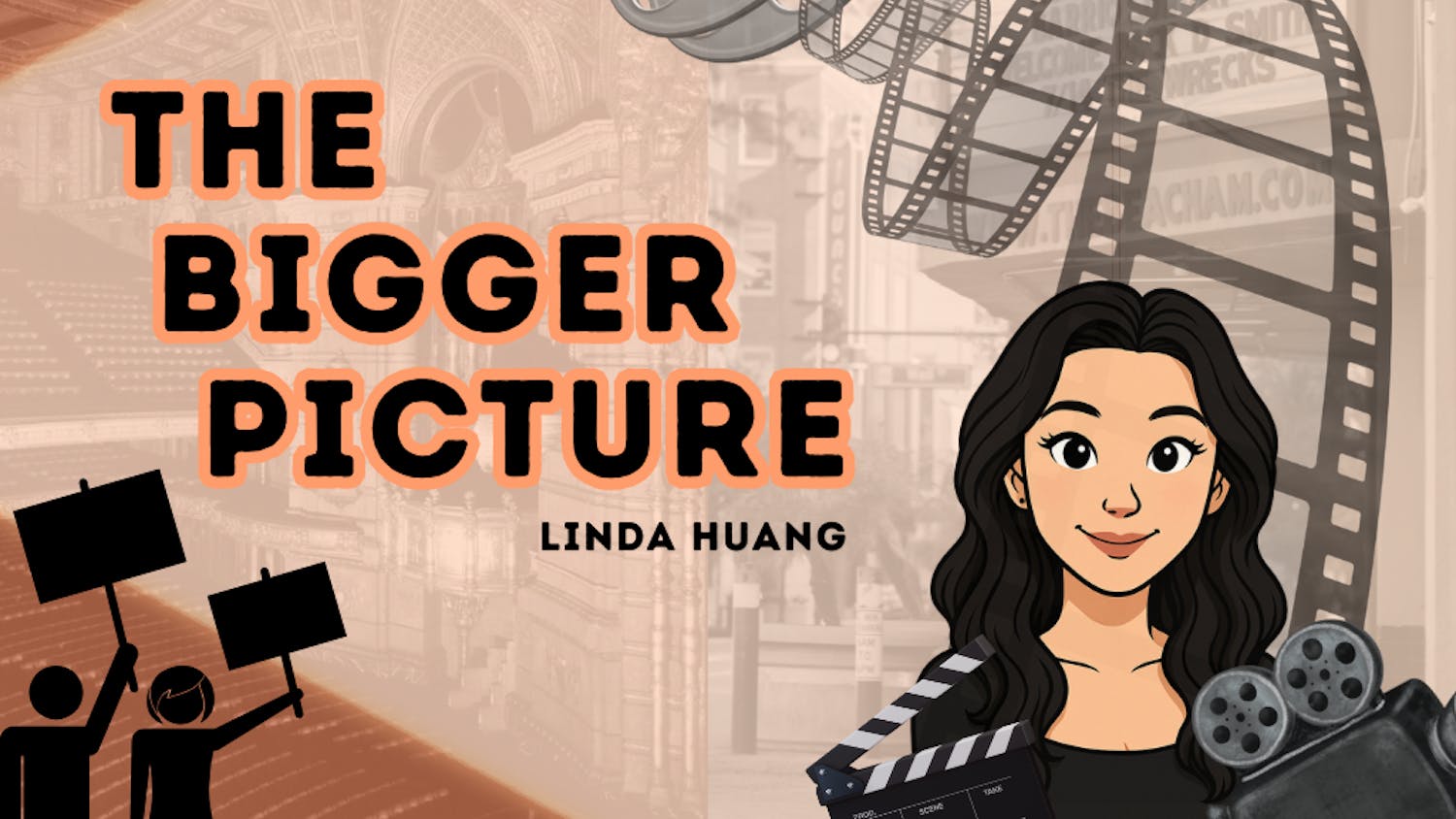It wouldn’t be an overstatement to say that the Duplass brothers have dominated the indie movie/Sundance scene lately. The Mumblecore genre, which they ultimately pioneered along with Joe Swanberg in which low-budget, sometimes improved work is emphasized, has become a festival favorite. The brothers also appear in award-winning movies and TV shows. Jay Duplass is a regular on "Transparent" (2014-present), the Golden Globe-winning drama created by Jill Soloway. Mark Duplass has received praise from critics and viewers alike for his performances in “The One I Love” (2014) and “Safety Not Guaranteed” (2012). Last year, the brothers co-created the series "Togetherness" (2015-present), which will premiere its second season next week on HBO. In addition to these achievements, the two have recently produced an animated TV series for HBO named “Animals” (2015-present). Anthropomorphizing animals like rats, bed bugs, horses and pigeons as urban characters, "Animals" is undeniably funny. Yet, there is also something very derivative about the show, as it does not go beyond the many "neurotic-New Yorker" shows we already see on TV. "Animals" is certainly fun to watch, but it is not necessarily must-see TV.
The opening scene of "Animals" might be its best. Two rats comment on a couple having sex and attempt to understand different sex acts. The absurdity of human sex from an outside point of view is hilarious, and the idea of animals witnessing our oddest, most primal moments is a very clever idea. The show is certainly at its funniest when it ridicules human activities through this fresh lens.
The rats, named Mike and Phil, then discuss the party they will go to and their personalities are slowly revealed. Mike is the more social, amiable friend while Phil is more of an introvert. Both rats are based off of New Yorker stereotypes. At the party, they run into Fink, an over-confident jerk that only talks about making babies (i.e. getting laid in rat world). It is revealed that Phil has never made babies before, but this party is his chance. The rest of the episode is generic urban comedy; we see Phil attempt and fail to make babies. However, there is also an absurd element in the show, which brings some originality. Mike makes a baby and fathers her over the course of the party. His daughter grows up rapidly and turns into an angsty, vegetarian teenager in less than two minutes. To become more confident, Phil takes a blue pill from Fink, which turns out to be rat poison. At the end, Phil has sex with Mike’s now-adult daughter and fulfills his wish to make babies before he dies. The ridiculousness of these events is fun to watch because it’s impossible to predict what is going to happen next.
The show also features little skits with other animals, yet the conversations between these animals are painfully unfunny. The main problem with “Animals” is certainly the show's dialogue, which is supposed to be Noah Baumbach-like but in reality, sounds forced. It is obvious that the creators of the show thought it would be funny if animals had interactions similar to those of urban human characters, but often the touches meant to imitate sitcom snark misfire instead. This is especially ironic, considering the Duplass brothers are known for their natural, genuine-sounding dialogue.
“Animals” is an interesting concept. The show works very well when the characters act like outside spectators to human idiocy; the absurdist humor is very entertaining as well. Yet, the show's biggest weakness is when the animals act like humans instead of highlighting our own bizarre world. The show certainly has its highs, but the overall result will disappoint Duplass fans and HBO viewers. Fortunately, the show has another chance to fix its problems, as it has already been renewed for a second season.
Rats are personified as neurotic New Yorkers in 'Animals'

HBO's TV show "Animals."
Summary
'Animals' is at its best when it lampoons the strangeness of human behavior but these bright-spots are few and far between.
2.5 Stars





